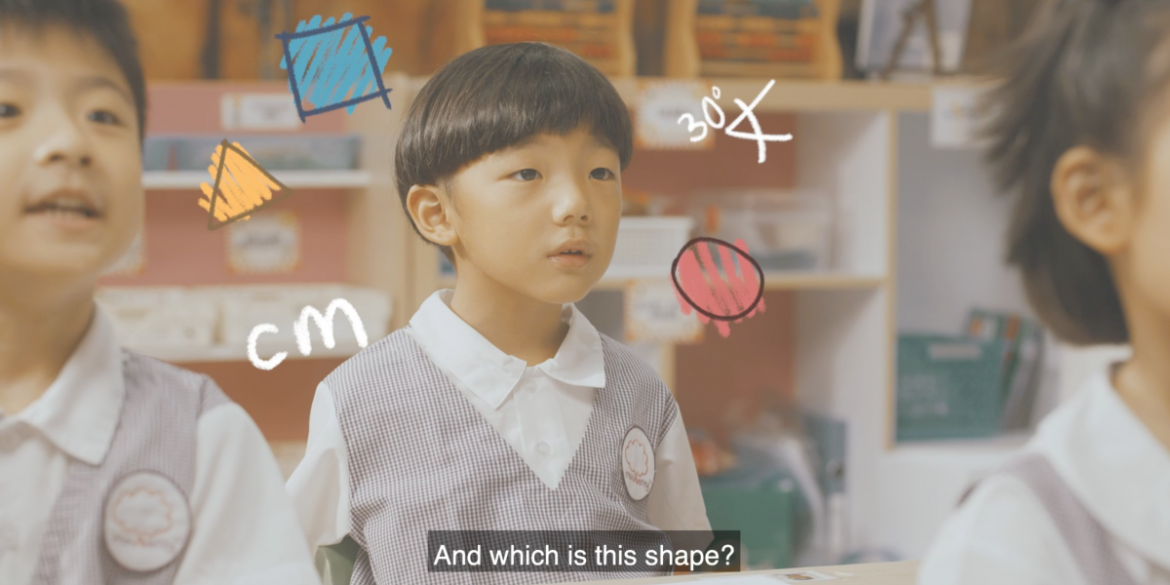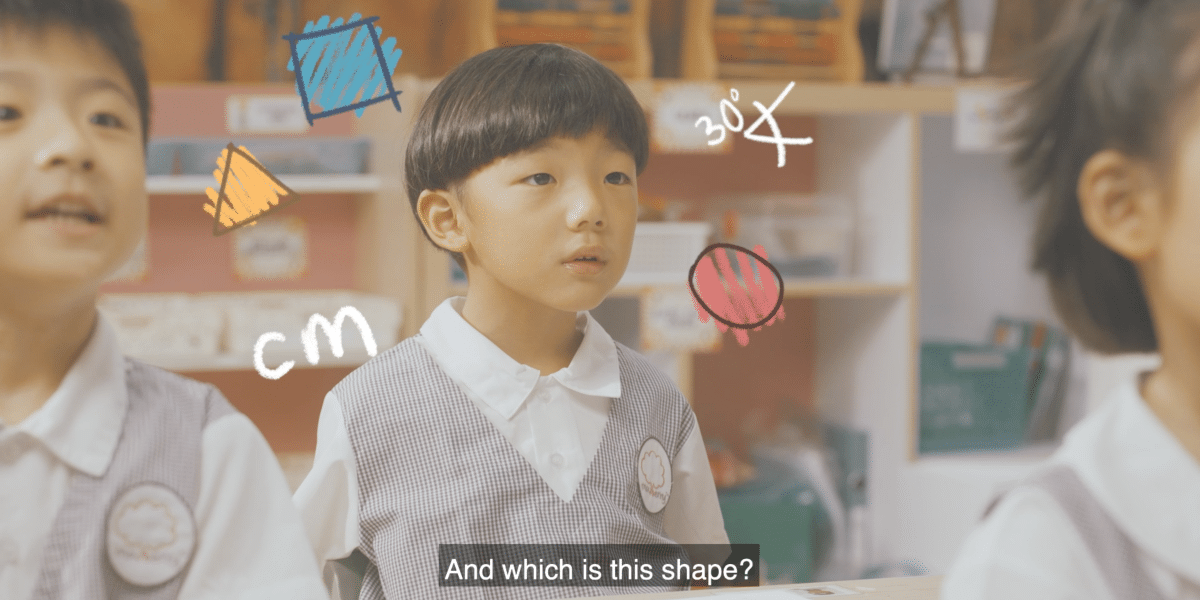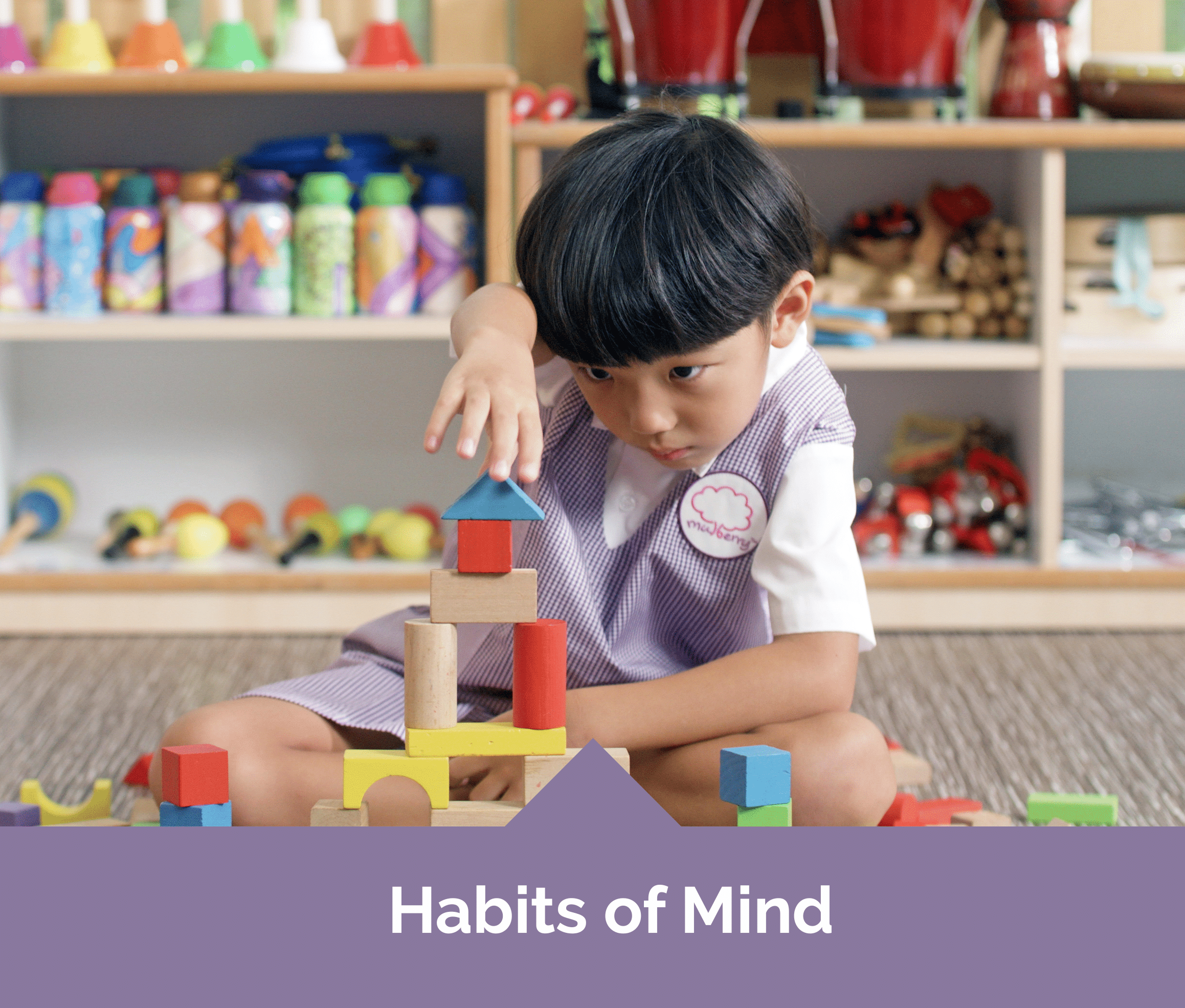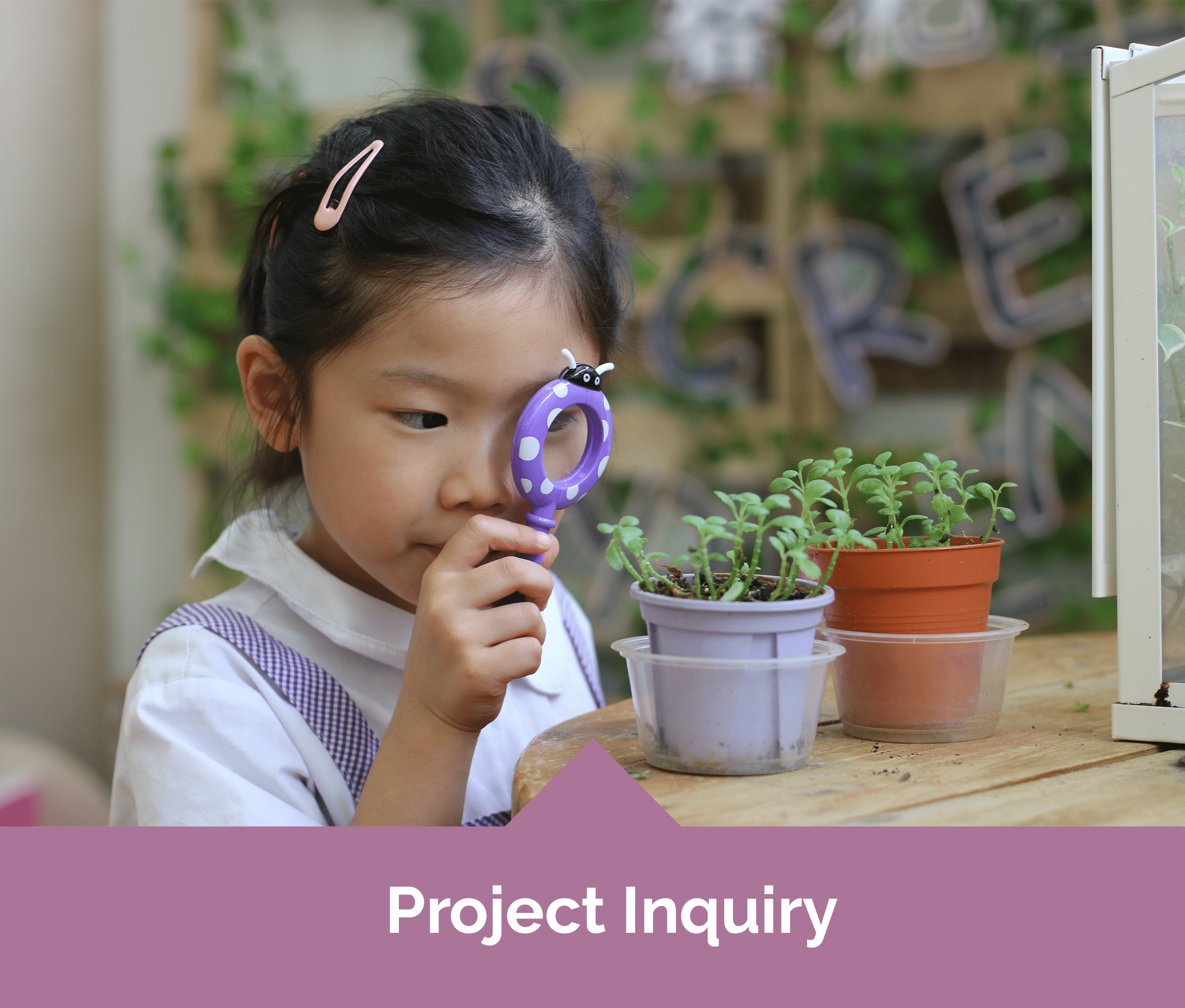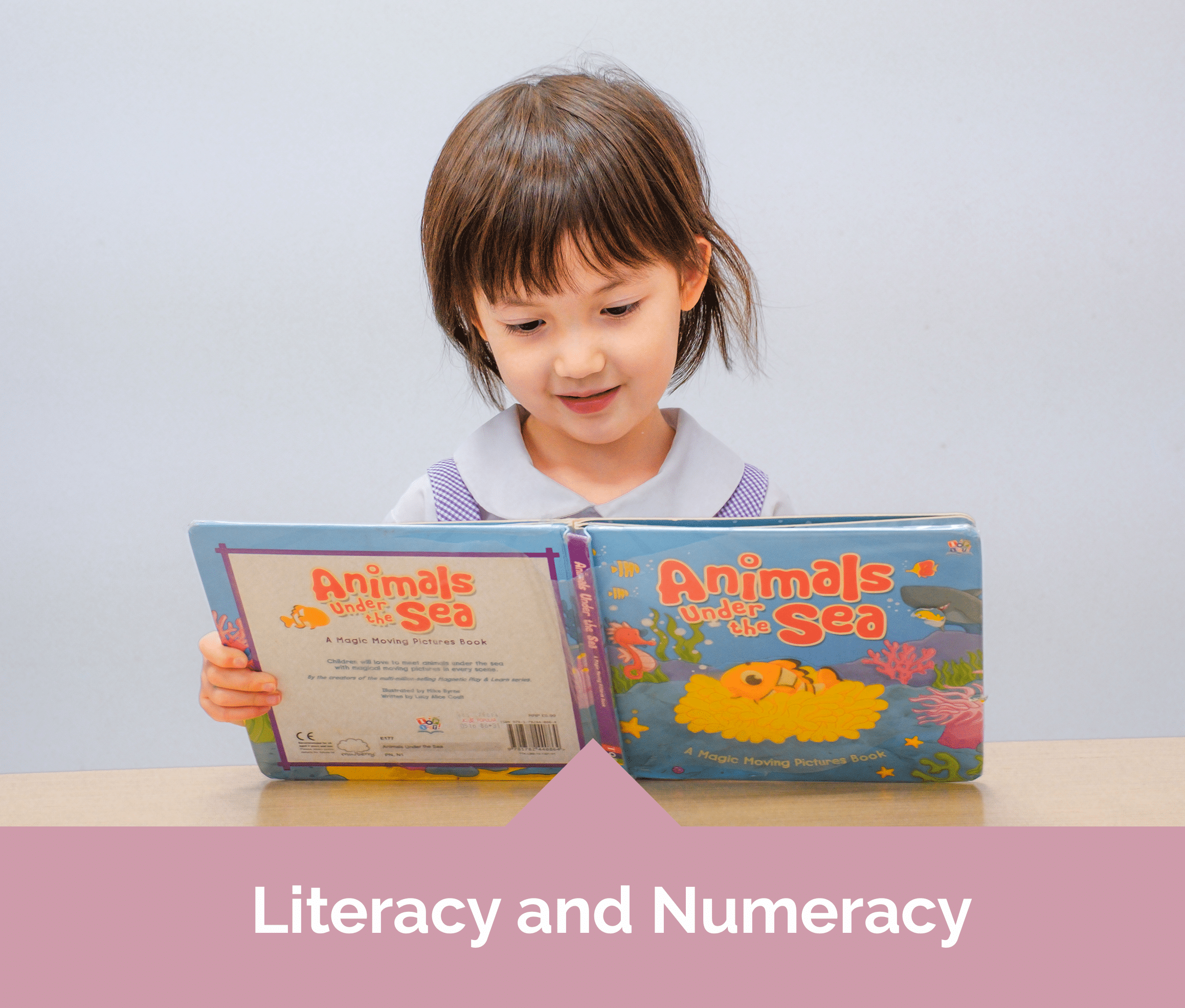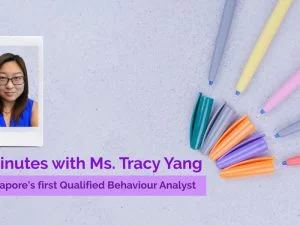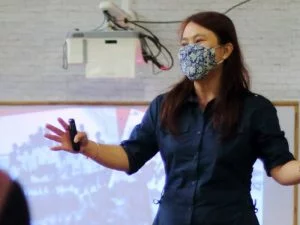Critical Thinking For Preschoolers
How many times have you seen friends sharing information online, only to click into it and find out that it is a piece of fake news? Have you received forwarded messages in your Whatsapp or Telegram chats asking you to pass on the message when it is a poorly-researched opinion?
In today’s increasingly complex and technological world, this seems to happen all the time! And the only way to protect individuals from believing false information or emails and phone scams is to develop essential critical thinking skills.
Does your child often go along with answers their siblings or friends say? Or do they question the answers provided? Teaching little ones to question and uncover questionable statements presented as facts, is essential today!
What Is Critical Thinking?
Critical thinking is a phrase thrown about in the workplace, parenting, education, and early education fraternity. It comprises a variety of sub-skills which include analysing, evaluating, synthesising, reflecting, and reasoning information to establish its integrity. What that means more simply is for children to:
- Arrive at a conclusion independently
- Look at other perspectives
- Understand the process of thinking (metacognition)
- Comprehend different parts and the whole of a problem
- Draw the links between cause and effect
- Think about solutions and potential challenges of each solution
In our ever-changing technological world, information is replete, and critical thinking skills are a must! More importantly, if we teach our children to be critical thinkers, they would be making a positive change in society and the world in the future.
Why Do Children in Preschool Need Critical Thinking?
While it is possible to achieve success during our schooling days decades ago just by memorising information and regurgitating them for our tests, society today requires children to have intelligent thinking habits to continually ask challenging questions and acquire critical thinking.
Especially when the world outside of the classroom holds questions with do not necessarily have one correct answer, it is imperative to start building a strong foundation for critical thinking at an early age; yes even when they are in preschool!
Educators say that if we want children to succeed in our increasingly complex world, we should teach them how to think critically!
Developing Critical Thinking At Mulberry Learning
At Mulberry Learning Preschools, children are encouraged to ask questions, pose problems, and figure out the answers, with the help of their teachers! These skills are imparted through our proprietary inquiry-based learning approach which provides a rich opportunity for kids to widen and deepen their understanding and strengthen their appreciation of new knowledge. Students can act as little scientists, finding answers to their questions through engaging in research, conducting mini-experiments, analysing their findings, and presenting their observations to their peers and parents.
Find out more about our Signature Programmes
About Mulberry Learning
Established in 2006, Mulberry Learning is an award-winning Reggio-inspired preschool with 11 locations around Singapore. Mulberry Learning is the world’s first and only preschool network certified by the USA for the Habits of MindTM framework, and its curriculum has been voted as “Singapore’s Best Holistic Learning Programme” for 3 years running by leading parenting publications.
Exclusive Promotion
Book a virtual tour with Mulberry Learning to find out how its award-winning curriculum can help prepare your child for his or her Primary years and beyond! Explore our beautifully crafted Reggio-inspired learning spaces from the comfort of your own home with our Virtual School Tours!


